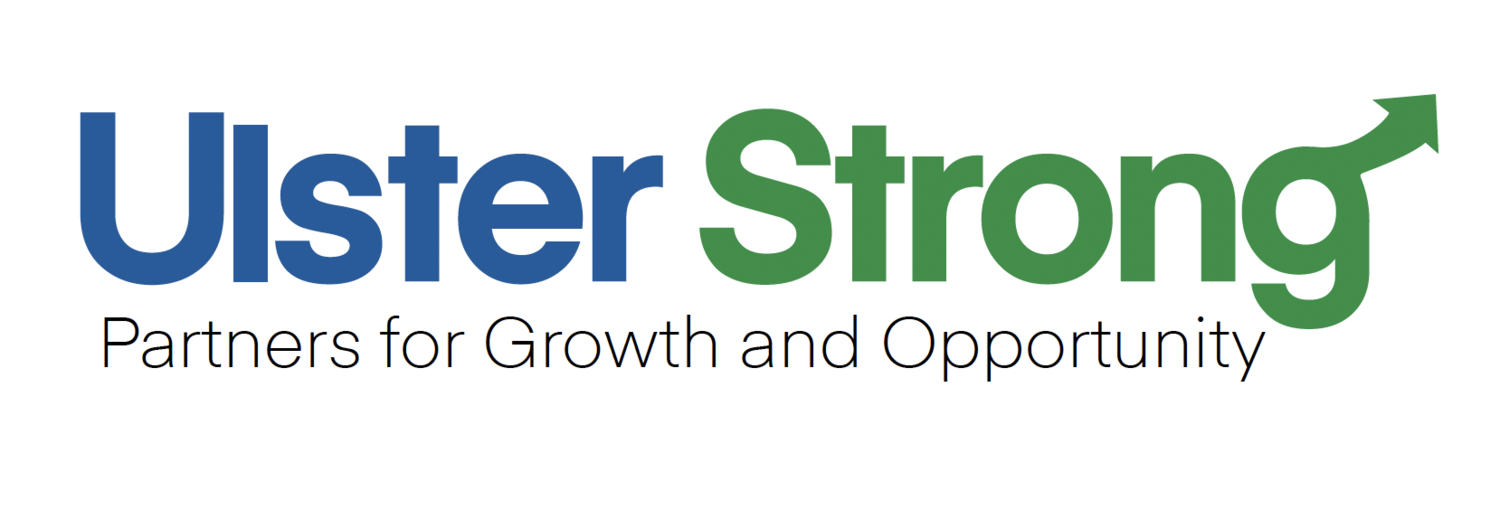Concerns Over Corporate Ownership of Housing
The ability to buy and live in your own home has long been a dream in our nation. While the subject of housing costs has been extensively discussed, there’s another growing problem across the nation and potentially locally. It's called the financialization of housing - the growing purchase by investment institutions of large numbers of single-family homes and converting them into rental properties.
Corporate consolidation of housing, driven by high returns over short timelines, is attractive to private equity firms. The investment strategy accelerated significantly following the 2008 financial crisis, enabled by technology. The post-recession market conditions created a unique opportunity for institutional investors to quickly expand and manage their holdings of single-family homes. Historically focused in areas with low housing prices, such as Florida and Texas, the practice is increasingly entering other markets, such as New York.
Corporate ownership and consolidation of housing adds to our housing pain. It's often associated with increased housing costs, decreased housing quality, algorithm-driven pricing, and reduced homeownership. Investment groups and corporations can pay cash, outbidding first-time homebuyers. By reducing access to homeownership, it reduces the path to building wealth for middle-class families.
An upsurge of corporate purchases of single-family homes has sparked legislation in at least half a dozen states this year. Ulster Strong welcomes the recently announced plan by non-profit research group Pattern for Progress to conduct research on corporate housing ownership and consolidation in the Mid-Hudson region. It’s essential we have a clear picture of our local housing market, and then determine if new regulations are warranted.

